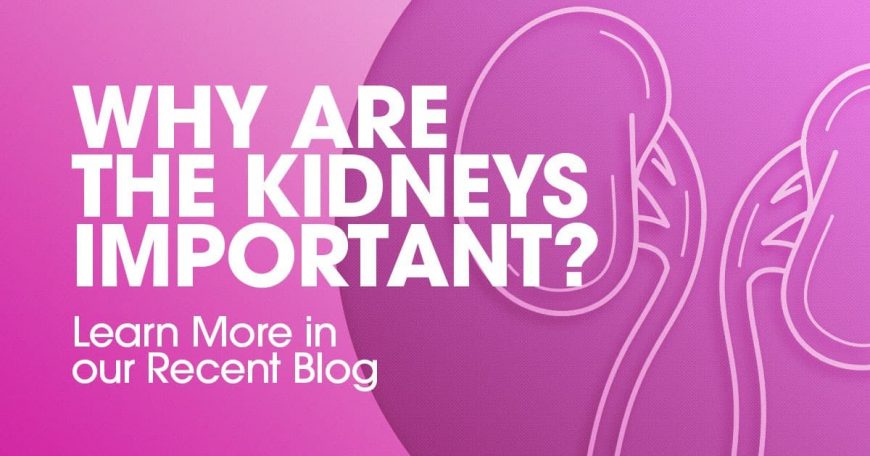
The kidneys are remarkably intricate organs located on either side of the spine in the lower back. They are two bean-shaped organs about the size of fists. It’s perfect; they are the size of fists because they are always fighting for your overall health. This is only the beginning of why the kidneys are so important.
What the Kidneys Do
Each of your kidneys contains around a million filtering units called nephrons. Each unit includes a filter, called the glomerulus, and a tubule. The glomerulus filters your blood, and the tubule returns needed substances to your blood and removes wastes. You eliminate the waste when you urinate. The renal artery brings in the blood. Once filtered, it returns to the body through the renal vein. The kidneys process about 150 quarts of blood a day, turning 1-2 quarts into urine.
They also are responsible for:
- Help maintain a healthy balance of water, salts, and minerals—such as sodium, calcium, phosphorus, and potassium—in your blood.
- Make hormones that help:
- Control your blood pressure
- Make red blood cells
- Keep your bones strong and healthy
Why the Kidneys are Important
Even if 10% of your kidneys were working, you might not notice any symptoms or problems. Each heartbeat sends 20% of the blood to the kidneys. Without blood flowing into a kidney, part or all of it could die. Eventually, that can lead to kidney failure. How the kidneys regulate the useful and harmful substances that are in our body is called renal function. Even if they were assisted artificially, like would not continue without the functions they perform.

When a medical condition causes the blood flow to decrease, the kidney can begin to deteriorate. Diabetes is the number one cause of chronic kidney disease in the U.S. High glucose levels cause thickening and damage along with the proliferation of destructive enzymes that make the kidney overwork itself.
World Kidney Day
March 11th is World Kidney Day. The 2021 focus is “Living Well with Kidney Disease.” The goal is to increase education and awareness about effective symptom management and patient empowerment, with the ultimate goal of encouraging life participation. Learn more about and how you can get involved here.
Ensuring patients with kidney disease live well requires us to extend beyond the status quo with research that improves patients’ options. To learn more about enrolling studies for kidney disease here at ActivMed Practices & Research, call 978-655-7155, or visit our Methuen, MA website.
References:
https://www.niddk.nih.gov/health-information/kidney-disease/kidneys-how-they-work
